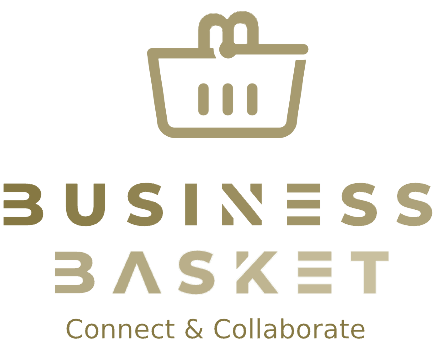As business owners, many of us have found ourselves in the position of working with people we are close to—friends, family, or long-time acquaintances. While this can create a sense of trust and familiarity, it can also come with its own set of challenges. One of the biggest hurdles is navigating the shift from being friends to becoming colleagues.
If you’re someone who is hiring a friend, or considering working with a close acquaintance, here are some insights into what you might feel and how you can manage the transition smoothly.
1. The Blurry Line Between Friendship and Professionalism
When your friend becomes your employee, the lines between work and personal life can start to blur. One moment you’re chatting about weekend plans, and the next, you’re discussing deadlines and deliverables. This shift can feel uncomfortable, especially if you’re used to a casual and open dynamic.
Why It Happens:
You may fear that the business relationship will change the friendship, or that the friendship might interfere with professionalism. It’s natural to worry about crossing boundaries, but it’s essential to establish clear roles and expectations to maintain a balance.
How to Manage:
Start by acknowledging the shift. You don’t have to abandon the friendship, but you do need to embrace a more structured approach at work. Setting clear boundaries and maintaining professionalism during work hours will help you and your friend navigate this change.
2. The Pressure of Expectations
Hiring a responsible friend can be both a blessing and a source of pressure. On one hand, you know they will take their role seriously, but on the other, you might feel like you need to match their level of responsibility. You may start overthinking, wondering if you’re doing enough or making the right decisions.
Why It Happens:
The responsibility that comes with running a business can feel heavier when you’re working alongside someone you value deeply. You may be worried about maintaining the right balance—delivering on your business goals while also preserving your friendship.
How to Manage:
It’s important to give yourself permission to make mistakes and learn as you go. Both you and your friend will be adjusting to the new dynamics, so there’s no need to have everything perfect right away. Open and honest communication will ease the pressure—don’t hesitate to share your feelings and check in on how she’s adjusting as well.

3. Imposter Syndrome and Self-Doubt
When the professional side kicks in, you may start doubting your abilities. “Am I qualified to be their boss?” “What if I mess this up?” These are common thoughts that arise when the lines between personal and professional start to blur.
Why It Happens:
Imposter syndrome often stems from a fear of not being good enough or qualified enough to manage a responsibility. When working with a friend, you might feel like you’re not living up to their standards or that you’re being overly critical of yourself.
How to Manage:
Remember that your friend is working with you because they trust and respect you. Lean on your strengths, whether that’s your creativity, leadership, or decision-making skills. Trust that you both bring valuable skills to the table, and that the goal is to support one another in creating something great.
4. The Uncertainty of the Future
You might feel a sense of anxiety about how this new working relationship will play out. Will it affect your friendship? Will there be conflicts that make things awkward? It’s natural to feel uncertain about the long-term implications of working with someone you care about.
Why It Happens:
Working with a friend adds an element of emotional investment. You may fear that if things go wrong at work, it could hurt the personal relationship as well. There’s an inherent fear of conflict or misalignment that could cause tension.
How to Manage:
Accept that discomfort is part of the process. Not everything will be smooth, and that’s okay. The key is to communicate openly, be transparent about any challenges, and address them as they arise. Acknowledge that things might feel awkward at times, but the important thing is to handle any issues with respect and understanding.
5. Balancing Two Roles: Boss and Friend
Now that you’re in a professional relationship, you might find yourself struggling to balance the dual roles of being a boss and a friend. You want to lead effectively but still maintain the camaraderie that comes with being friends.
Why It Happens:
This internal conflict arises because you’re switching between two very different modes: one is focused on leadership and productivity, and the other is based on connection and personal rapport.
How to Manage:
It’s all about communication and respect. Be clear with your friend about the expectations and responsibilities you have as their boss, but also show empathy and understanding when it comes to personal matters. The best way to balance this is by setting aside specific time for work discussions and personal time for friendship.
Conclusion: Embrace the Change
If you find yourself feeling stressed or uncertain when working with a friend, know that it’s perfectly normal. The transition from friendship to professional relationship is a delicate one, but it’s also an opportunity for growth. By acknowledging the challenges and setting clear expectations, you can create a healthy balance between your personal connection and your business goals.
Remember, it’s okay to feel uncomfortable at first—it’s all part of adjusting. With the right mindset and communication, you and your friend can navigate this change and create a successful working relationship that strengthens both your business and friendship.
Join Sg Biz Lobang Telegram Channel to inspire your business dreams with tips, advice, and market insight.





